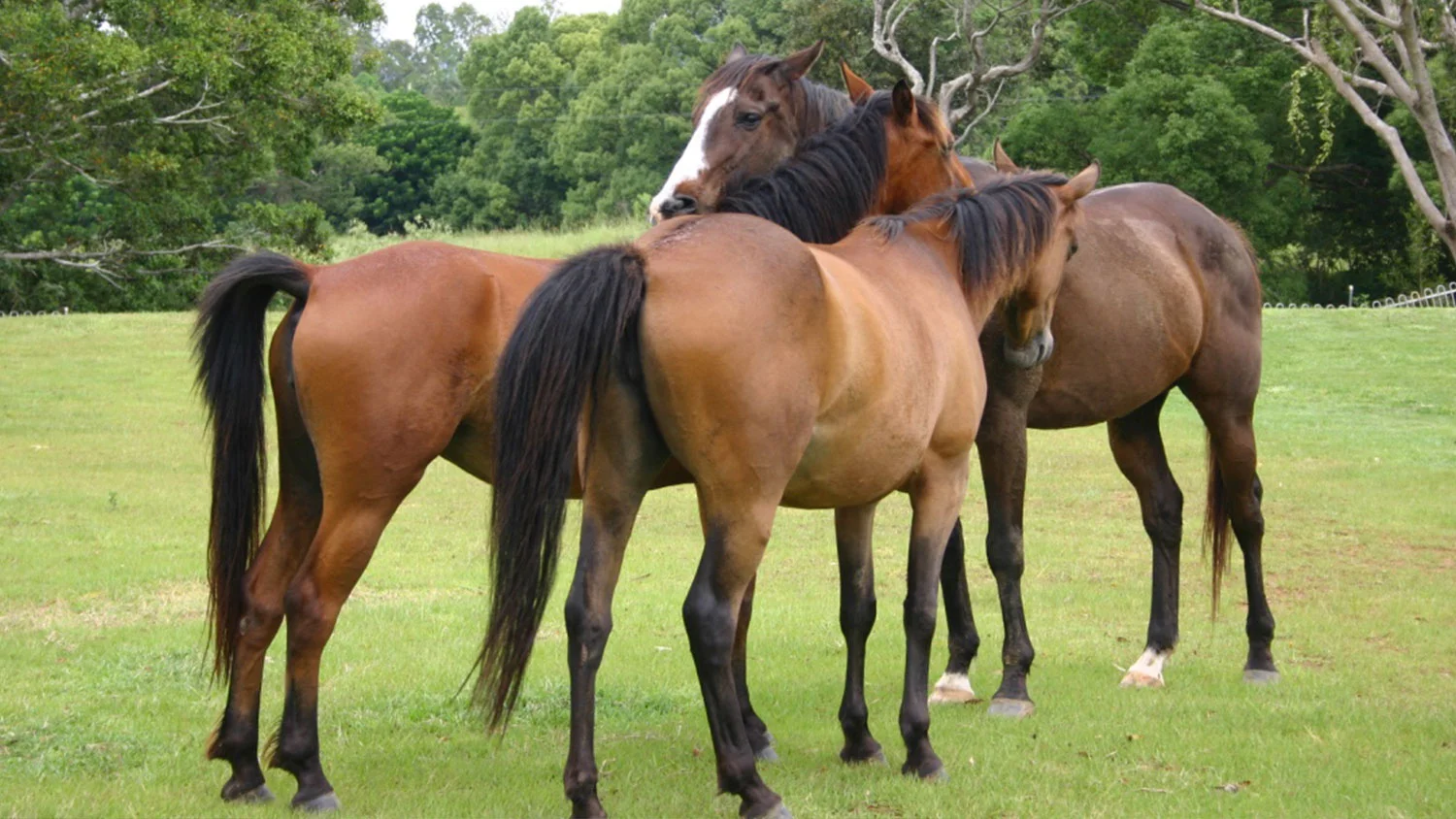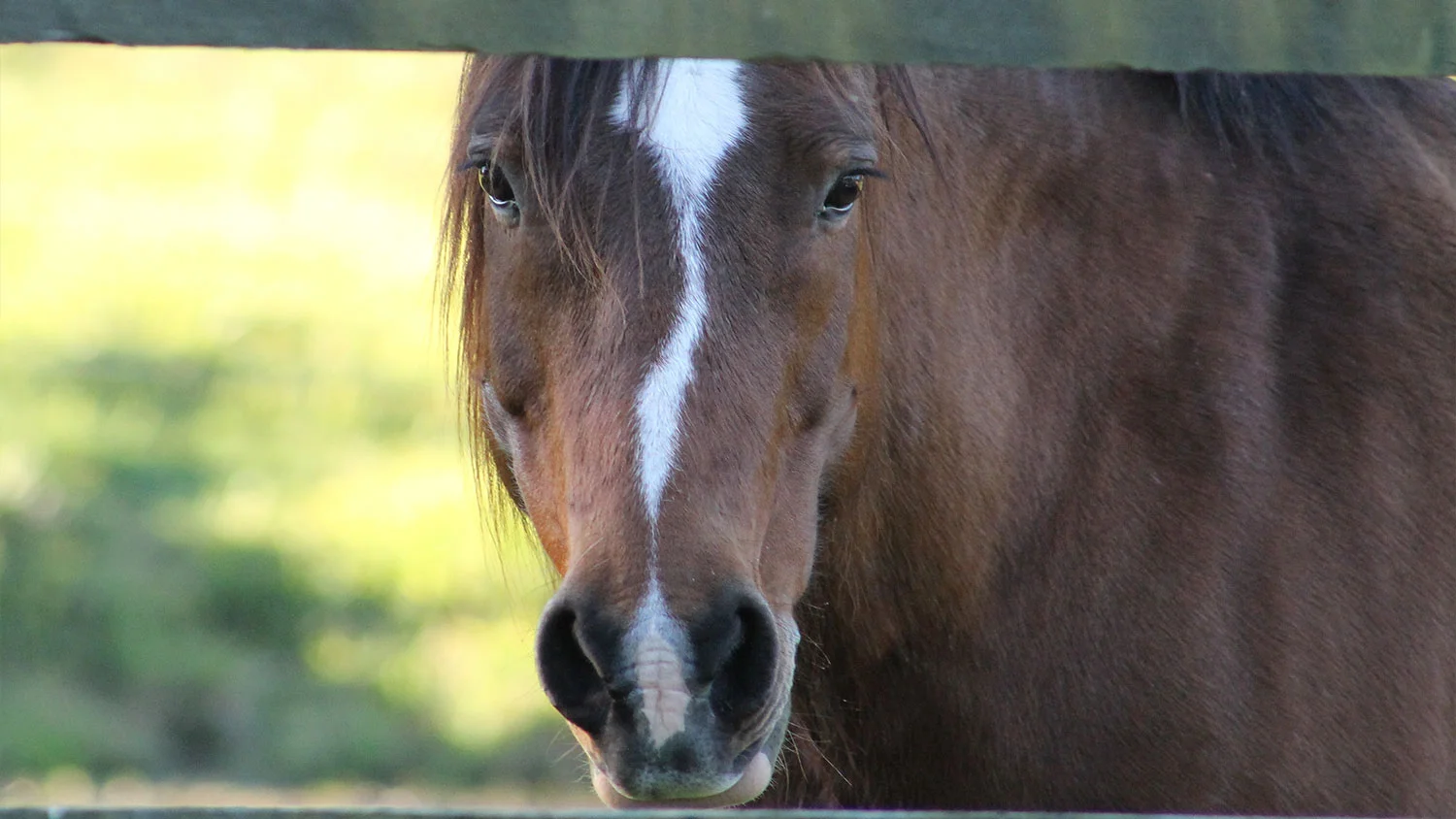Teams that Trust
Trust lies at the heart of a functioning, cohesive team and only happens when team members are willing to be present and authentic with one another. In this case, it didn’t happen ... so there were valuable lessons to be learned by everyone.
The session involved a team of eight volunteer workers who mainly came together at weekends to run client activities, so they really didn’t know each other very well.
Our goal was to explore themes of trust and communication. As always, we started with a calming grounding meditation and then a safety briefing explaining how to handle themselves in the paddock with the horses. Each individual was reminded it was their own awareness that would keep them safe – observing and watching the horses, tuning in to their own emotions and body and what it was telling them and then making their own conscious choices about how close and how far to be from the horses at any time.
Horses live in herds and have social and emotional skills that can teach us humans about group dynamics and positive relationships. They always live with awareness and tune into each other in constant authentic ‘dialogue’.
The first exercise for the team had the goal to “meet the horses in a way that felt safe and right for you”. About five minutes into the exercise, a senior team member came up to me to tell me she felt anxious about the proximity of one team member to the more active horses and that she thought this person was not safe. I checked in with the equine specialist with me, who looks after horse and human safety in my sessions, and she was confident we did not need to intervene at this stage.
After this exercise the feedback given by the senior team member was discussed. The person involved expressed that she had felt offended by this comment. The team leader’s fears were because “Mary” (nor her real name) was sight impaired. However, she was in fact a highly capable horsewoman and had experience in working with her own herd at home.
This led to a discussion about how in all of our relationships we bring in assumptions and beliefs about the other. If we do not take the time to get to know each other, learn the truth about others, then these assumptions are what our relationship is based on. If they are not correct then over time this will be the cause of communication issues, trust issues and relationship breakdowns.
Learning how to listen and suspend judgement and assumptions is the foundation for trust in teams and a lesson learned here, I think.






